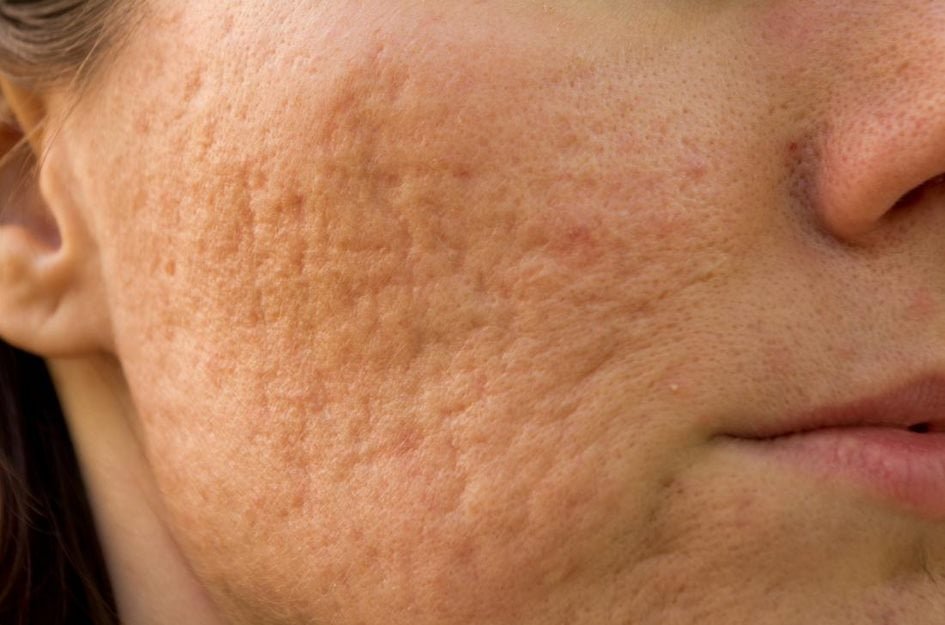Introduction
Polycystic Ovary Syndrome (PCOS) is one of the most common hormonal disorders affecting women, particularly during their reproductive years. A frequently asked question by many is, “How long can PCOS delay your period?” This article delves into the impact of PCOS on menstrual cycles, shedding light on the extent to which this condition can affect regularity.
Before we dive into the nitty-gritty, it’s essential to understand PCOS. Characterized by an imbalance in reproductive hormones, PCOS can lead to irregularities in the menstrual cycle, among other symptoms.
How Long Can PCOS Delay Your Period?
The menstrual cycle’s regularity varies among women, typically ranging from 28 to 35 days. However, PCOS can disrupt this regularity in several ways:
Mild Delays: For some, PCOS might cause a delay of a few days to a week.
Significant Delays: It’s not uncommon for women with PCOS to experience delays of several weeks or even months. In some cases, periods might only occur a few times a year.
Complete Absence: In extreme cases, PCOS can lead to amenorrhea, where periods stop altogether for several months or more.
| Period Delay (in days) | Action to Take |
|---|---|
| 1-7 days | Monitor your cycle. Mild delays can be typical. |
| 8-14 days | Continue monitoring. If you're sexually active, consider a pregnancy test. |
| 15-60 days | Consult with a healthcare professional. Consider PCOS management options. |
| More than 60 days | Seek medical advice immediately. Rule out other potential causes. |
Why Does PCOS Affect the Menstrual Cycle?
The main reason behind the question “How long can PCOS delay your period?” lies in the hormonal imbalances associated with the condition. Elevated levels of androgens (often termed “male hormones”) and imbalances in estrogen and progesterone can disrupt the natural process of ovulation. Without regular ovulation, the menstrual cycle becomes irregular.
Managing PCOS and Menstrual Irregularities
While the delays in periods due to PCOS can be concerning, several treatments can help regulate the menstrual cycle:
Hormonal Birth Control: These can help regulate the menstrual cycle and reduce symptoms like excessive hair growth and acne.
Metformin: This diabetes drug can help improve insulin resistance and, in turn, regulate periods.
Lifestyle Changes: Maintaining a healthy weight, adopting a balanced diet, and regular exercise can significantly impact menstrual regularity for women with PCOS.
Conclusion
So, how long can PCOS delay your period? The answer varies for each individual, ranging from slight delays to prolonged absences. Understanding PCOS and its impact on menstrual regularity is crucial for early detection and management. If you suspect PCOS is affecting your menstrual cycle, it’s essential to consult a healthcare professional for accurate diagnosis and treatment recommendations.
FAQs on How long can PCOS delay your period
-
1. How long can PCOS delay my period?
The impact of PCOS on menstrual regularity varies. Some might experience delays of a few days, while others may not have a period for several months. In extreme cases, periods might stop altogether.
-
2. Why does PCOS affect the menstrual cycle?
The hormonal imbalances associated with PCOS, especially elevated androgen levels, can disrupt the natural ovulation process. Without regular ovulation, menstrual cycles can become irregular.
-
3. Is a delayed period the only symptom of PCOS?
No, while a delayed or irregular period is a common symptom, PCOS can also cause excessive hair growth, acne, weight gain, and other symptoms.
-
4. I've missed my period for two months. Is it definitely PCOS?
While PCOS is a common reason for irregular periods, other factors like stress, significant weight loss or gain, certain medications, and other medical conditions can also affect menstrual regularity. It's essential to consult with a healthcare professional for an accurate diagnosis.
-
5. How can I manage or regulate my periods if I have PCOS?
Treatment options include hormonal birth control, medications like metformin, and lifestyle changes such as diet and exercise. Your healthcare provider can recommend the best approach based on your specific symptoms and needs.
-
6. Is it possible to have regular periods and still have PCOS?
Yes, not every individual with PCOS will experience irregular periods. It's possible to have other symptoms of PCOS while maintaining a regular menstrual cycle.
-
7. Can I still get pregnant if I have PCOS and irregular periods?
While PCOS can affect fertility, many women with the condition can and do become pregnant. Treatments are available to help improve fertility in those with PCOS.
-
8. Are there any long-term health risks associated with PCOS?
PCOS can be associated with risks such as type 2 diabetes, cardiovascular disease, and endometrial cancer. Regular check-ups and management of the condition can help reduce these risks.












